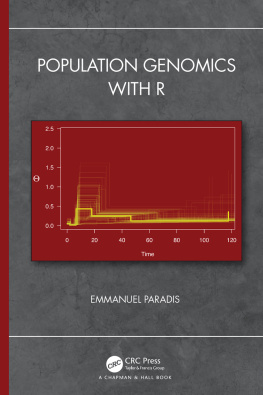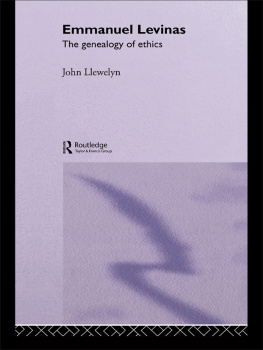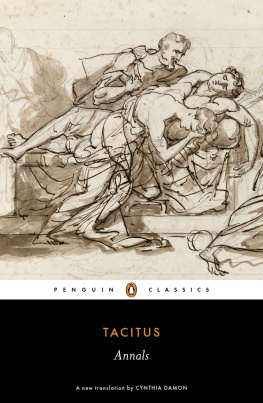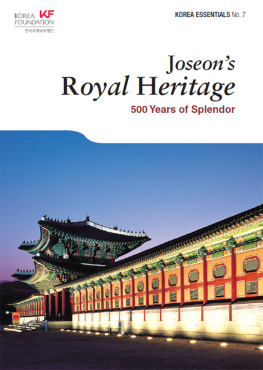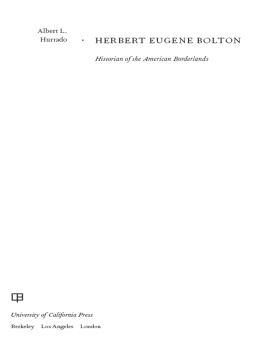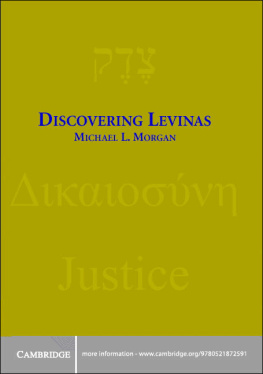CHAPTER I.
Table of Contents
THE FIRST RETREAT.
Many winters, as we are told by the old men of the district, have passed since human beings first settled in the land of Ohet, a somewhat extensive valley of varying breadth, traversed by a winding stream running southward till it flows into a great river.
The sides of the valley present a series of hills of moderate height, descending by gentle slopes where it widens, and more abruptly where it narrows. On the steeper hill-sides grey crags jut out, and the ground is strewn with fragments of rock. Ascending the stream for some three hours' walk from the point where it joins the great river, we find on the right another stream separating into several small branches in a more elevated valley. In summer, some of these branches dry up, others form pools, whose banks are covered with reeds and water-lilies. The inhabitants of the vale dread this valley, which they believe to be haunted by evil spirits. It is dangerous to wander there, because of the number of bogs covered over with leaves and decaying branches in which the unwary sink. The forest in this valley is so dense, the plants and bushes are so thickly interlaced with the trunks and branches of dead trees, that the rays of the sun hardly penetrate through it, and only illuminate pools of water covered with a mantle of green. A kind of promontory divides the two water-courses at this point (Frontispiece;the river running from the north-west, and the smaller stream from the north-north-east. This elevated part of the country is covered with thick woods, and the inhabitants of the valley seldom go there except to hunt the wild ox, the boar, the wolf, and the deer. Beyond, the country seems a wilderness; and strangers who occasionally visit the inhabitants of the vale to exchange amber, copper, gold, salt, and coarse woollen or hempen fabrics for skins of beasts, never come except by the way where flows the great river. The occupants live in families, in the open spaces amid the woods and on the banks of the rivers, inhabiting conical huts, made with stakes set in the ground, joined at the top, and covered with branches, earth, and rushes. The father of the family occupies one of these huts with his wife and children, and as his sons grow up, they build another cabin and take a companion.
The products of the chase and fishing, with the wild roots which they dry and crush between stones, are their only means of subsistence; they do not till the soil, nor have they any flocks or herds. Our informants add that they never had to fight men like themselves, and that if any disputes arise between the families, they call together the oldest chiefs of the other families to arbitrate between them. Those who are unwilling to submit to their judgment are banished from the valley, together with their families; they descend the shores of the great river, and are no more heard of.
When these old men are further asked whether there were other human beings before them settled in the valley, they answer that there were; but that they were small mendwarfswho ate earth, and had no bows and arrows to kill the wild beasts, nor hooks to catch fish, nor canoes to cross the river; that at the approach of the present inhabitants, these dwarfs disappeared, and took refuge underground, whence they came out sometimes in the night to do mischiefto cut the fastenings of boats, or sink the boats themselvesto cause children at the breast to die, or to break the bows, or warn the animals of the forest of an intended chase, so that they might get out of the way.
For some time a report has been currentbrought by strangers who have found their way along the river into the valleythat an alien race of great stature and strength, with fair hair, and mounted on horses, have already overspread the neighbouring countries, driving away their inhabitants, or killing those who do not fly at their approach; speaking an unknown tongue, and undertaking nothing without first deliberating in great numbers, and consulting the elders and women, sparing none but children, and employing these in labours of all kinds. This news has spread great consternation in the valley; the chiefs of the families meet together, and determine to watch by turns at the mouth of the river; young men posted at regular intervals are to give warning, by loud cries, of the arrival of the fair-haired people, so that all the inhabitants of the valley may be quickly warned, and take refuge with their families in the woods situated on the promontory which divides the river from the smaller stream at their confluence; lastly, each is to furnish himself with provisions such as will be sufficient for a hunting expedition of several days; and then they will consult as to what course shall be adopted.
Meantime, the elders of the people take counsel. They decide that at the first cry of alarm, and while the invaders are entering the valley by one of the banks, all the inhabitants of that side shall cross in the boats to the opposite side shore, in order to unite with those who inhabit that side, and that all together they shall hasten to bring their cargoes to the point where the valley divides, so as to moor the boats below the promontory on the left bank above the mouth of the stream; that the women, children, and old men shall take refuge on the promontory, so that the able-bodied, thus separated from the fair-haired men by the river and the rivulet, will be able to deliberate whether they should use their bows or fly to the forest above. Some days after, just when the sun is beginning to decline, the valley resounds with the cry of alarm, a hundred times repeated, announcing that the fair-haired people are advancing and entering the valley on the western side.
Immediately the whole countrysilent but a few minutes beforebegins to be filled with a continued hum; most of the inhabitants of the right hasten in their boats to the left bank; but some, either through negligence, or because they have been away from their dwellings, cannot follow the advice of the elders.
In the meantime, the invaders advance with caution: first, a detachment mounted on horses are seen riding round the woods, assembling in the openings, and appearing to deliberate before going further. A body of them have captured some unhappy loiterers among the inhabitants of the valley, who, fastened with cords, are driven onwards by their captors, and closely interrogated, but they do not understand what is said to them.
In a little while, at every visible point in the direction of the river, the valley appears dotted with men on foot and on horseback, and with chariots; and every now and then shouts arise. The sun sinks upon the horizon, but the shouting continues to be heard, and the columns of smoke ascend from all sides; night comes, the valley appears lit up with fires, and silence gradually supervenes.
Assembled at the foot of the promontory, along the banks of the two streams, the men of the land of Ohet have concealed their boats among the bulrushes; they have sent up the women, the children, and the aged to the plateau; they dare not light any fires, lest they should attract the attention of the invaders. The night is spent in fruitless deliberation; some bold young hunters propose to take advantage of the sleep of the fair-haired people to cross the river and fall upon them as they would upon wild beasts, and to kill them all with their stone hatchets; but the chiefs of the families consider that they are too few in number for the execution of any such design; they urge that this body of invaders is perhaps followed by others, that they have horses and can easily escape, that they appear to be tall and strong; and, moreover, that they do not appear to have killed the inhabitants they met with, as the strangers had reported.






